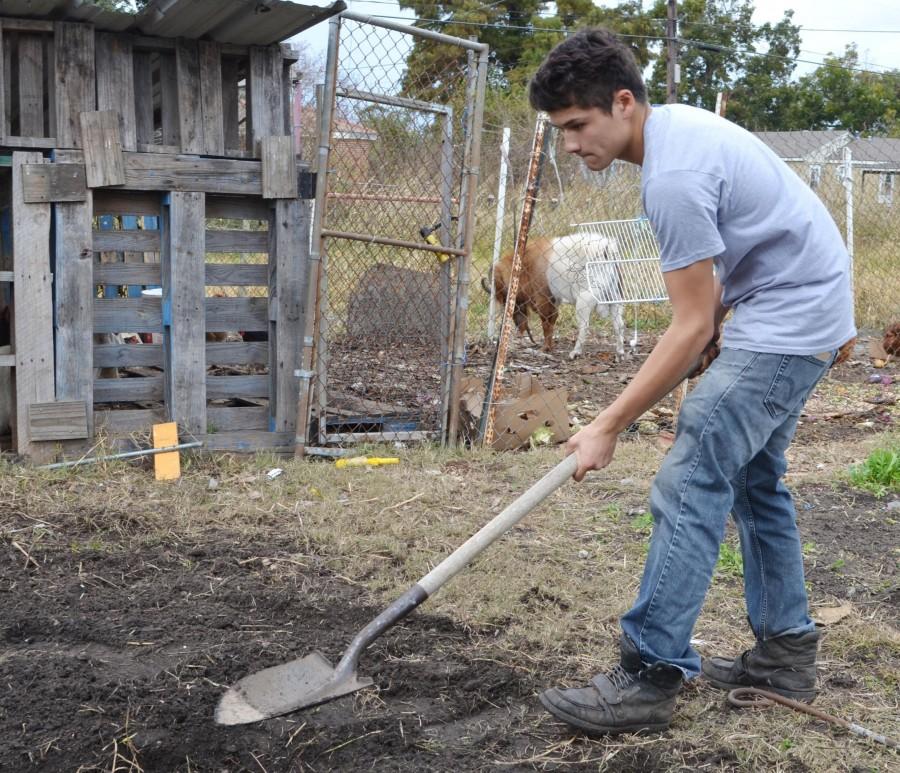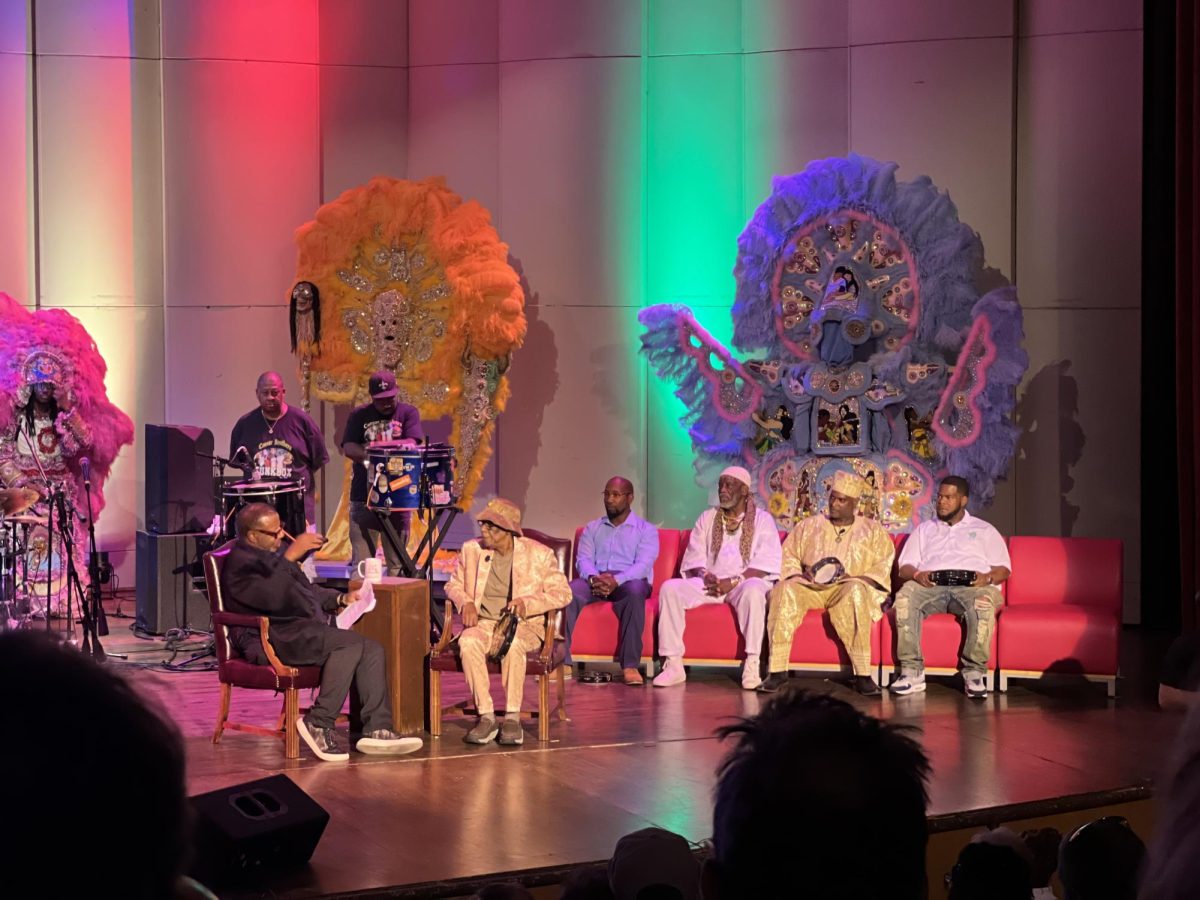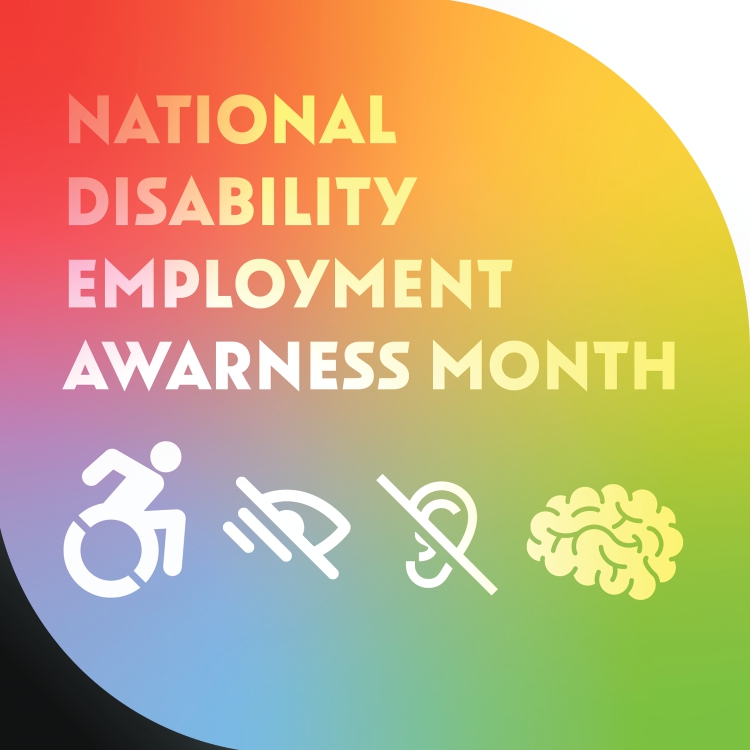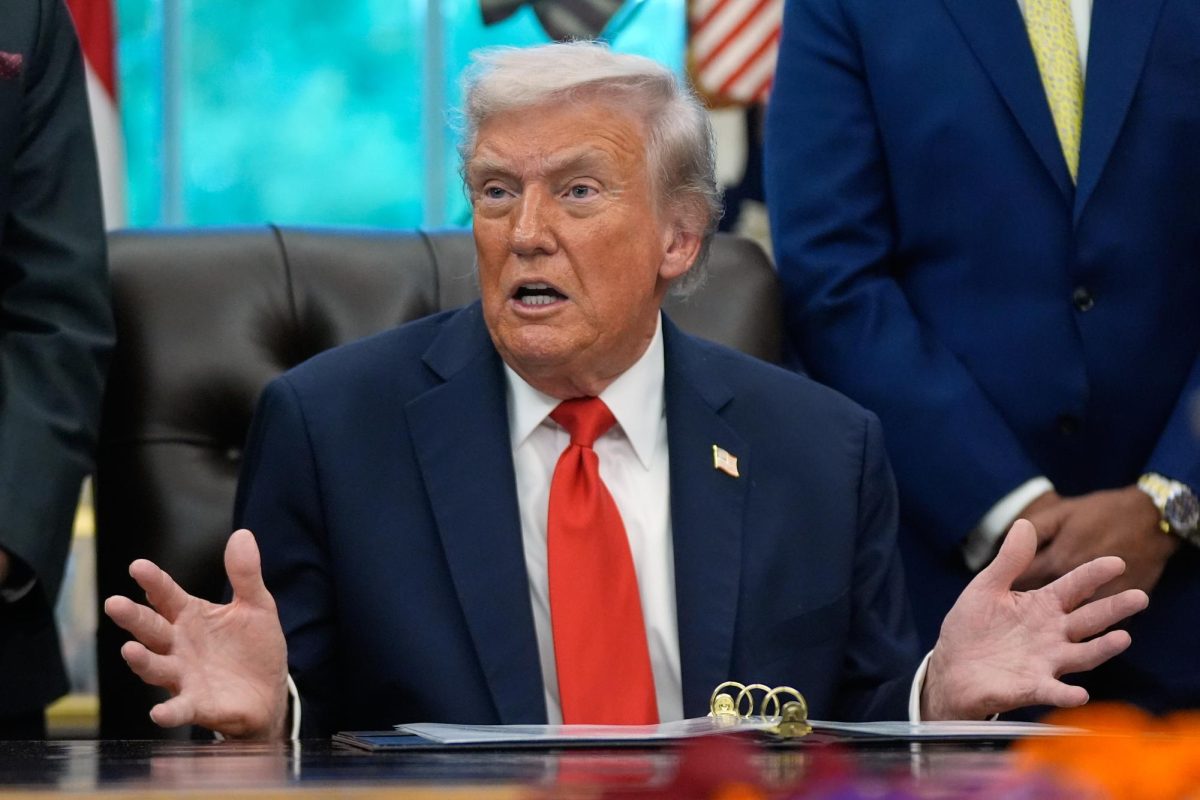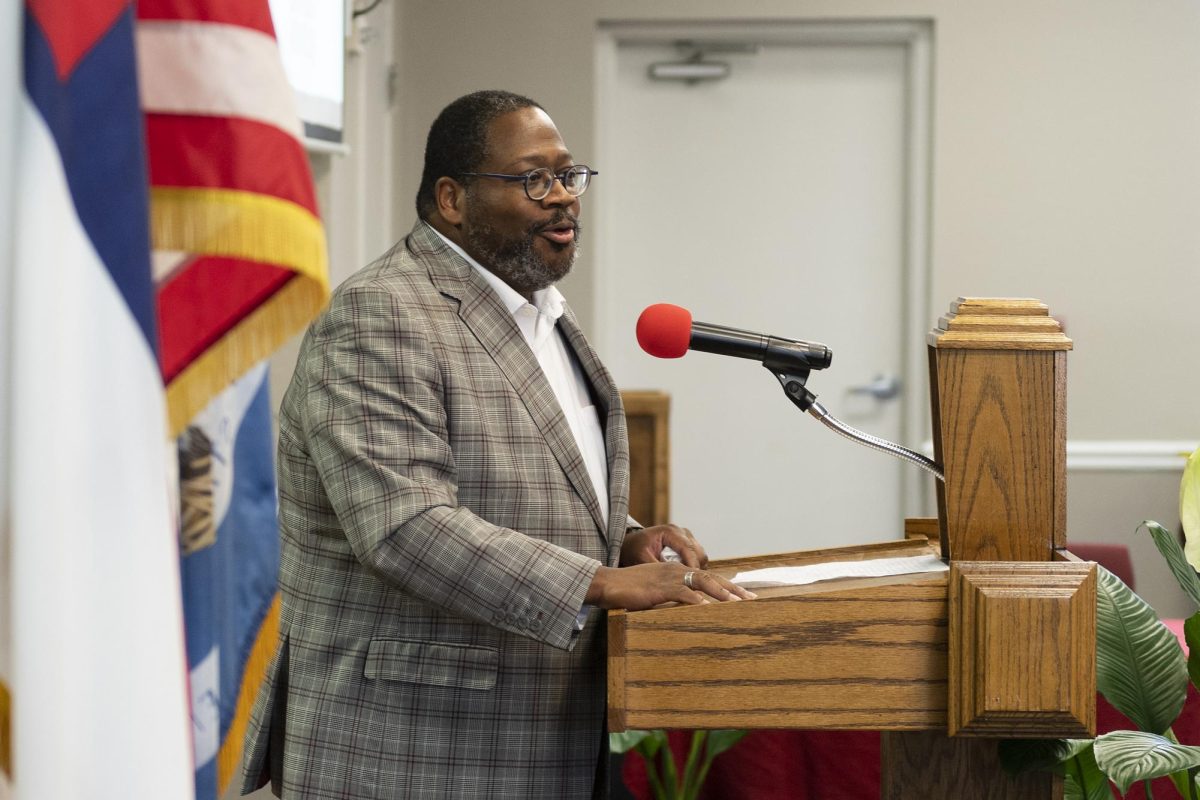Loyola and Tulane students have teamed up to teach Lower Ninth Ward youth a practical and healthy means to end hunger, the importance of food justice and ways to sustain their local economy.
Our School at Blair Grocery is an alternative, independent community school for at-risk, local youth and an urban farm operating out of the old Blair family grocery store in the Lower Ninth Ward.
Along with their former schoolteacher, Nat Turner, the founder of Our School at Blair Grocery, Loyola sociology junior, Alex Goldman and Tulane cognitive studies and linguistics major, Sam Kiyomi Turner, pose as the community outreach for students and urban farms advocating for service learning and food security.
As a non-profit, urban, community farm, the organization is creating a resource rich, safe space for youth empowerment and sustainable community development.
“We had this idea in mind to get the young people in the neighborhood to be more experimental with their hands,” Nat Turner said. “It’s relevant and important in developing progressive life skills, so we started gardening with kids.”
The Blair Grocery Store, a family owned grocery store in the 1950s, remained vacant for several years until Nat Turner occupied the building after the wake of Hurricane Katrina, carrying on the legacy of the grocery store with an agricultural approach.
“No one sees the power in being able to do substantial commercial urban agriculture,” Kiyomi Turner said. “Growing food in a city to feed a city and employing people to do that is what it means to be an urban farmer.”
The direct impact students have on urban farms increases food access to communities and helps create more jobs.
“Using OSBG as a training center, we’re able to pull people out of their mundane day-to-day lives and build a community to talk about and build new things,” Kiyomi Turner said.
The school utilizes a backwards design approach that organizes workshops for the youth and college students to learn from one another. This technique teaches teens how to organize projects and how to apply global issues at a local scale, such as, working towards ending hunger throughout the city of New Orleans.
“We decided to make food into a curriculum so that kids can understand the science, math, and business aspect of what food can be used for,” Goldman said. “We started using food as a way to employ people so that they can grow their own food and get paid for it to regenerate a local economy.”
In the past couple of years, the school has been operating without grants, but they do accept private donations. The school maintains its income through self-sufficient funding – selling produce to upscale restaurants and produce grocers in Uptown and downtown New Orleans, such as, Commanders’ Place, Emeril’s Delmonico, Super Food Bar, and Cowbell.
The organization has also set up a partnership with Whole Foods, where six days out of the week they collect palettes of fresh compost waste to use as plant fertilizer.
According to the U.S. Environmental Protection Agency, urban farming can improve access to fresh, healthy foods. It is estimated that 11.5 million low-income people live in low-income areas that are at least 1 mile from a supermarket.
“The Lower Ninth Ward youth, who the world looks at as careless, are now the lifeblood, the people who are actually sustaining their own neighborhood by growing their own food, which is a far different power dynamic,” Kiyomi Turner said.
Our School at Blair Grocery is trying to fundraise enough money to get their building renovated to meet new city zoning standards. They are looking ahead to expand their farm, renovate their building, and renew service programs with the help of donations.
“We are a full-on working farm that is sustainable, and we are in the process of growing the farm even larger now so that we can add more programs,”
Tiffany Kudiwu can be reached at [email protected]


